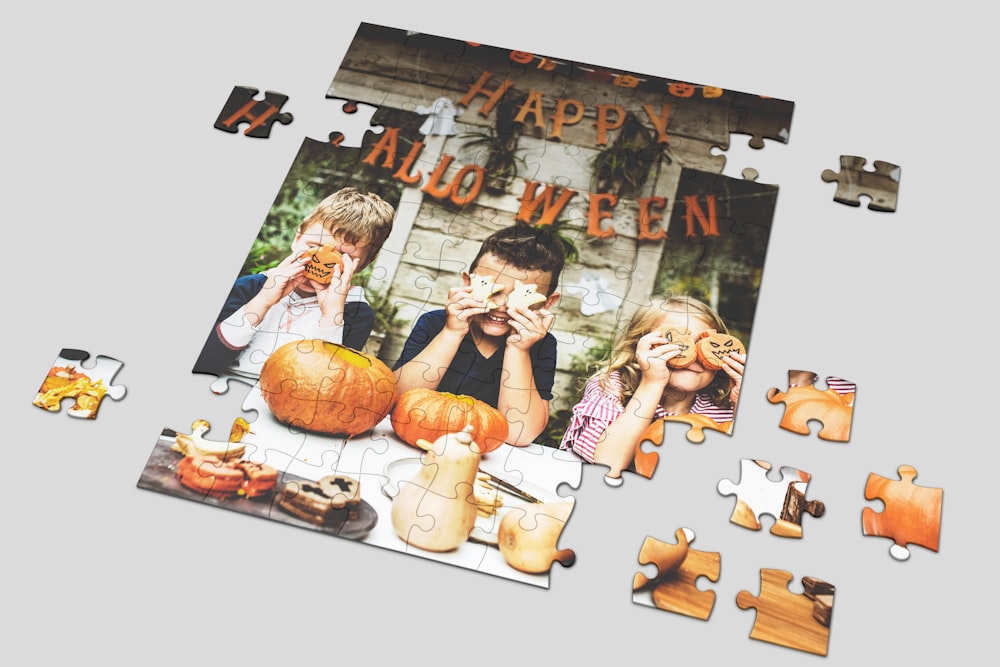
Brain stimulation exercises are important for keeping your mind sharp. Just as you do physical exercise to stay physically fit, doing brain-stimulating exercises is important for mental fitness. Regularly engaging in brain stimulation exercises can improve cognitive function, memory, focus, intelligence and productivity. Brain exercises are how a person keeps their mind sharp.
As you age, regularly doing brain stimulation exercises becomes more and more important. The mental activity must be regular and consistent. Mental activities actually increase the flow of blood, oxygen and nutrients to the brain. Brain-stimulating exercises can help delay cognitive decline and improve your overall cognitive function.
When you regularly engage in mentally stimulating activities, you’ll find that daily tasks and executive functioning become easier, as your mind is sharper and works faster. Taking care of your brain health is a crucial component of healthy living. Below are some examples of brain stimulation exercises that can improve your brain health and mental fitness:
1. Crossword Puzzles
Crossword puzzles are a much better hobby for your brain than watching TV. Dr Holly Schiff, a Licensed Clinical Psychologist with a background in neuropsychology, explains: “Crossword puzzles challenge a specific part of cognition, known as fluency, or the ability to find words. This process is based on the speech and language centres of the brain as you are trying to solve crossword clues. Crossword puzzles also help keep your brain active and sharp, while improving your verbal skills and problem-solving abilities. They can fortify your memory and strengthen your ability to focus.” Additionally, any activity that requires vocabulary skills (such as crossword puzzles) is a fantastic exercise for your brain.

2. Jigsaw Puzzles
It’s time to buy some puzzles to do at home during your downtime. Research has shown that doing jigsaw puzzles recruits multiple cognitive abilities and helps protect your brain from visuospatial cognitive ageing. Dr Holly Schiff says, “Jigsaw puzzles are another exercise that requires you to use multiple cognitive abilities and specifically, in this case, work on visuospatial skills.”
3. Card Games
There are many card games that require you to think on your feet, facilitating a sharp mind and quick thinking ability. Card games often require memory skills, too. Dr Holly Schiff states, “Card games have been shown to lead to greater brain volume as well as improve memory and thinking skills. Memory card games test your short-term memory and your ability to remember patterns. This is a simple and fun way to engage the brain and activate areas that are related to pattern recognition and recall.”
Research studies have shown that participating in cognitively engaging activities such as card games with friends improved performance on cognitive tests. This includes but is not limited to card games such as Bridge, Crazy Eights and Poker. When you have friends over, why not do something your brain will thank you for, and play a card game together? It’s fun and it’s great for your brain health.
4. Sports
What does physical activity (such as playing sports) do for your brain? JW Wilson, neuroscience researcher and author of Cracking the Learning Code: The Science That is Transforming How the World Learns, Motivates and Changes Behaviors explains, “In addition to activating serotonin, dopamine, and norepinephrine movement stimulates the activation of BDNF (Brain-derived Neurotrophic Factor) which acts as a fertilizer accelerating cell growth in your brain.” He adds, “Exercise such as playing sports will directly benefit the brain by increasing blood and oxygen flow to neurons.” Exercise definitely increases blood flow to the brain, helping promote better brain health.
5. Learn a Choreographed Dance Routine

We just explained how movement and exercise are very good for brain health. Learning a dance routine is an especially great brain exercise because you’re getting movement and exercise while making your brain work hard to remember steps and choreography. Learning new dance moves can improve your memory and brain processing speed.
In general, learning a new skill is a brain-stimulating exercise, and this includes learning dance moves. It strengthens your brain to learn something new, even if you just memorize a poem. The great thing about memorizing a dance routine, however, is that you’re also getting that brain-boosting movement.
Dancing improves brain function in many ways, as it has been shown to affect both grey and white matter in the brain. White matter is the protective layer that covers neurons, and grey matter is brain tissue such as neurons and other types of brain cells.
How Often Should You Engage in Brain Stimulation Exercises?
How much a person should do these brain-stimulating exercises greatly depends on what they do for work. For example, if you have a labour-intensive job that is mainly physical (such as being a janitor or cleaner) you might find that you aren’t using your brain enough at work. You may feel that your job doesn’t require you to use much of your cognitive skills. If this is the case, you’ll probably want to keep your brain sharp by doing a crossword puzzle during your lunch break or learning a new skill on the side. You’ll want to engage in a brain-stimulating exercise daily, especially if your full-time job is mainly physical labour and doesn’t require much mental aptitude.
If you care about your brain health, Magnesium is a brain-boosting food to take note of.
Are You Genetically at Risk for Cognitive Decline?
If you want to find out whether or not you’re genetically at higher risk for developing diseases such as Alzheimer’s, take the CircleDNA test. There is power in knowledge because when it comes to preventative health, knowing your genetic risk is important. There are lifestyle changes and preventative measures you can take if you find out that you have gene mutations that increase your risk of developing diseases such as Alzheimer’s. CircleDNA even provides you with a session with a genetics counsellor to help go over these preventative health tips.







This Post Has 3 Comments
Comments are closed.